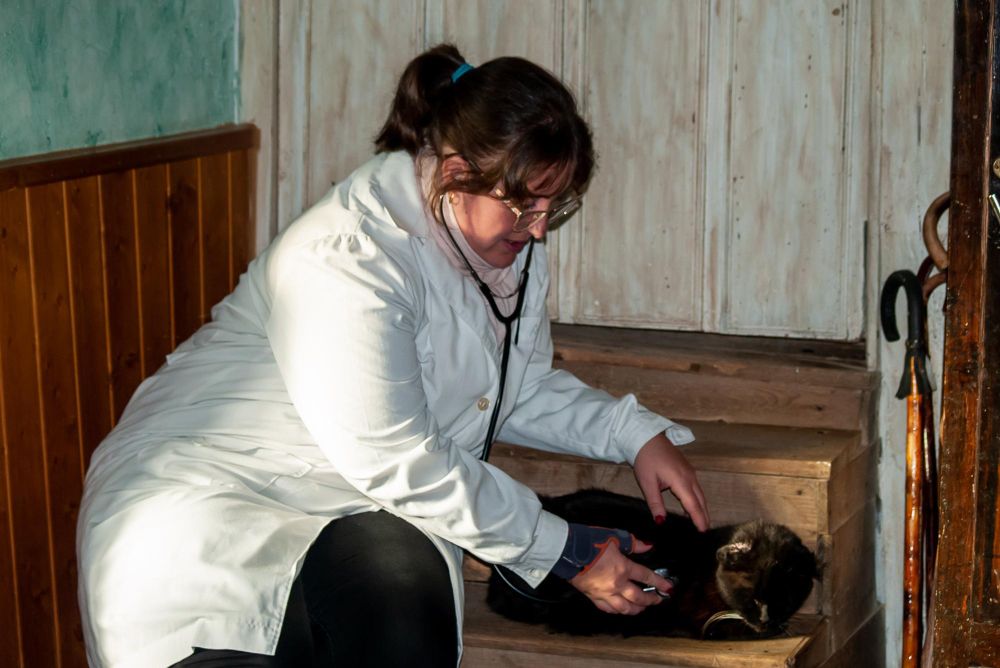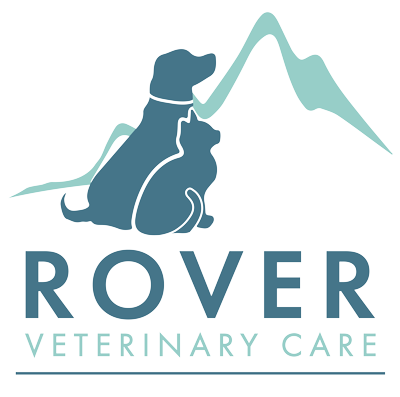The Role of a Vet in In-Home Euthanasia

The Role of a Vet in In-Home Euthanasia

Saying goodbye to a beloved pet is one of the most difficult experiences a pet owner can face. The grief and sadness are profound, and making the final decision is often fraught with uncertainty and heartache. Choosing to provide this final act of love at home, in a familiar and peaceful environment, can bring immense comfort to both the pet and their family during such a sensitive time.
This is where the compassionate role of a veterinarian becomes so crucial. A vet's involvement in in-home euthanasia extends far beyond the medical procedure. They serve as a guide, a source of comfort, and a professional who ensures the process is as gentle and dignified as possible. This guide explains the essential role a veterinarian plays during an in-home euthanasia appointment, offering clarity and support to families in Reno, NV, who are navigating this challenging journey.
What is In-Home Euthanasia?
In-home euthanasia is the process of a veterinarian coming to your residence to perform the euthanasia procedure for your pet. Instead of the sterile, and often stressful, environment of a veterinary clinic, your pet can pass away peacefully in their favorite spot—be it their bed, a sunny patch on the floor, or curled up in your lap. This approach prioritizes your pet's comfort and emotional well-being, allowing them to be surrounded by familiar sights, sounds, and the people they love most.
For many families, this service provides a private and intimate setting to grieve without the pressure of a clinical setting. It removes the need for a stressful car ride for a pet who is already unwell, ensuring their final moments are calm and free from anxiety.
The Veterinarian's Role Before the Appointment
The veterinarian's support begins long before they arrive at your door. This initial phase is about providing guidance and ensuring you feel prepared and confident in your decision.
Guiding the Decision-Making Process
One of the hardest parts of end-of-life care is knowing when the time is right. A compassionate veterinarian will take the time to discuss your pet's quality of life. They can help you understand the progression of your pet's illness, manage their pain, and identify signs that their suffering may be outweighing their moments of comfort. This conversation is not about pressuring you into a decision; it's about providing the medical context and empathetic support you need to make an informed choice that feels right for your family and your pet.
Explaining the Process
Fear of the unknown can add significant stress to an already emotional situation. A key part of the veterinarian’s role is to walk you through the entire euthanasia process step-by-step. They will explain what to expect during the appointment, what medications will be used, and how your pet will respond. This transparency helps demystify the procedure, allowing you to focus on your pet instead of worrying about the technical details. You will know what to expect, from the initial sedative to the final injection, ensuring there are no surprises.
Answering Your Questions
You will undoubtedly have questions. Can other pets be present? Can my children be there? What happens to my pet's body afterward? A caring veterinarian will patiently answer every question, no matter how small it may seem. They provide a safe space for you to express your concerns and will offer advice on how to handle the situation with other family members or pets.
During the In-Home Euthanasia Appointment
On the day of the appointment, the veterinarian's primary goal is to create a peaceful and respectful atmosphere.
Creating a Calm Environment
When the vet arrives, they do so with a calm and gentle demeanor. They will often greet your pet quietly and allow them to get comfortable with their presence. They understand that they are a guest in your home during a deeply personal moment. They will encourage you to choose a location where your pet feels most at ease, whether it's indoors on a favorite blanket or outside in the garden.
The Sedation Stage
The first medical step is administering a strong sedative, similar to an anesthetic. This is usually given as a small injection under the skin. The purpose of this sedative is to allow your pet to fall into a deep and peaceful sleep over the course of 5 to 15 minutes. During this time, they will no longer be aware of any pain, anxiety, or discomfort. You can hold, stroke, and talk to your pet as they gently drift off. The veterinarian will monitor your pet closely and will only proceed with the final step once they are certain your pet is completely unconscious and comfortable.
The Final Step
Once your pet is in a deep, peaceful sleep, the veterinarian will administer the final euthanasia solution. This medication is designed to quickly and painlessly stop the heart and lungs. The veterinarian will typically place an intravenous (IV) catheter to ensure the medication works as smoothly as possible. Your pet will not feel this final injection. Their passing will be quiet and serene, often happening within a minute or two. The vet will confirm that your pet has passed by listening for a heartbeat and will give you as much private time as you need to say your final goodbyes.
The Veterinarian's Role After Euthanasia
The vet's support doesn't end once your pet has passed. They also handle the aftercare with dignity and respect.
Handling Aftercare Arrangements
Before the appointment, the veterinarian will have discussed your wishes for your pet's body. They can help arrange for cremation services, including options for private cremation where your pet's ashes are returned to you. Once you have said your goodbyes, the veterinarian will respectfully transport your pet for these arrangements. This relieves you of the logistical burden at a time when you are grieving.
Providing Grief Support
Many veterinarians who offer in-home euthanasia services also provide resources for grief support. They understand that losing a pet is like losing a family member and that the grieving process is real and significant. They may offer pamphlets, contact information for pet loss support groups, or simply a compassionate ear. Knowing that your grief is acknowledged and validated by a professional can be an important part of the healing process.
Finding Support in Reno, NV
Choosing in-home euthanasia is a profound act of love, offering your loyal companion a peaceful and dignified farewell. The role of the veterinarian is to facilitate this final gift with medical expertise, compassion, and respect for the bond you share with your pet. They are there to guide you through every stage, ensuring that one of life’s most difficult moments is as gentle as it can be.
If you are considering in-home euthanasia in Reno, NV, and want to learn more about how we can support you and your pet during this time, please contact Rover Veterinary Care. We are here to answer your questions and provide the compassionate care your pet deserves.
